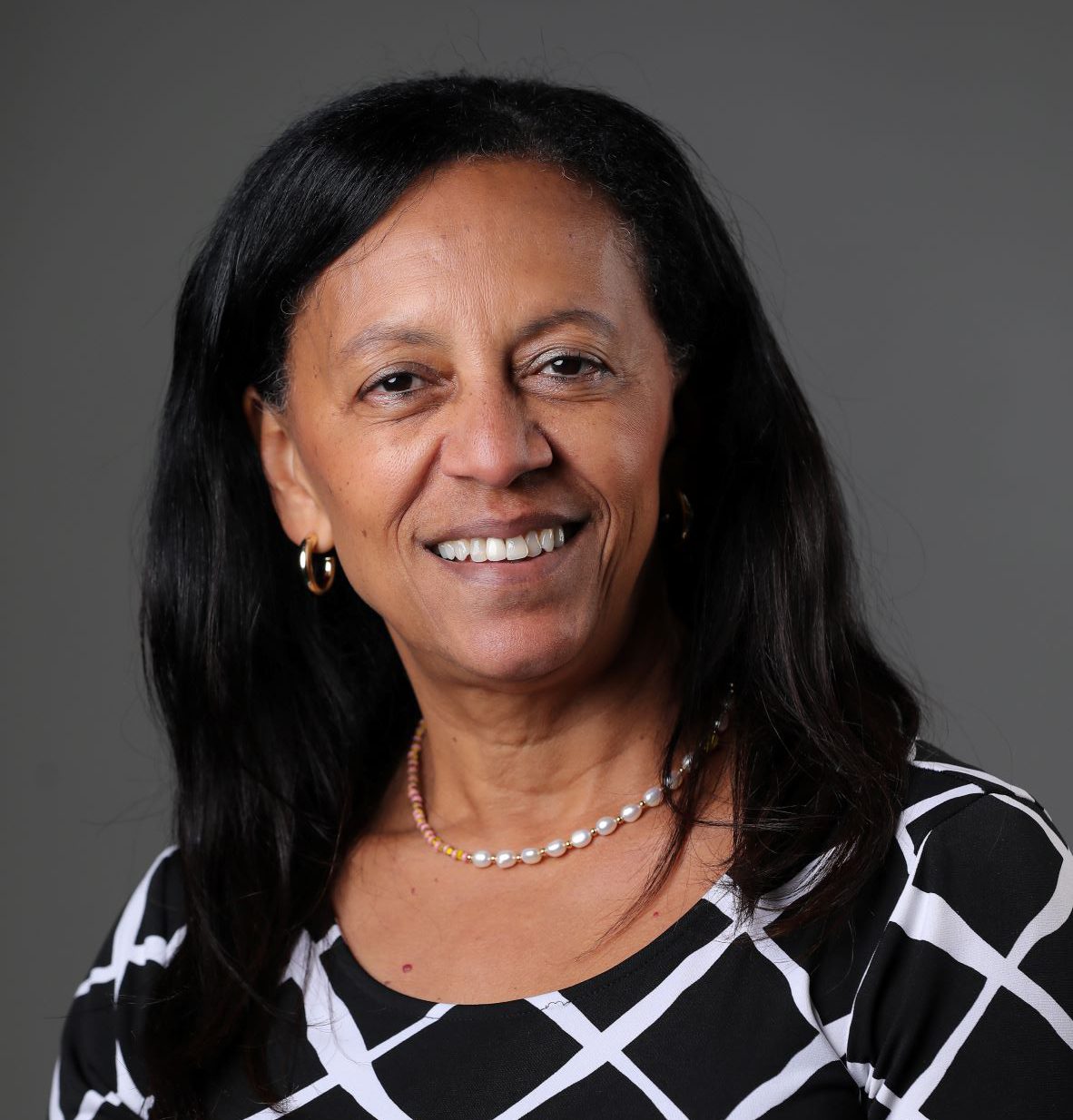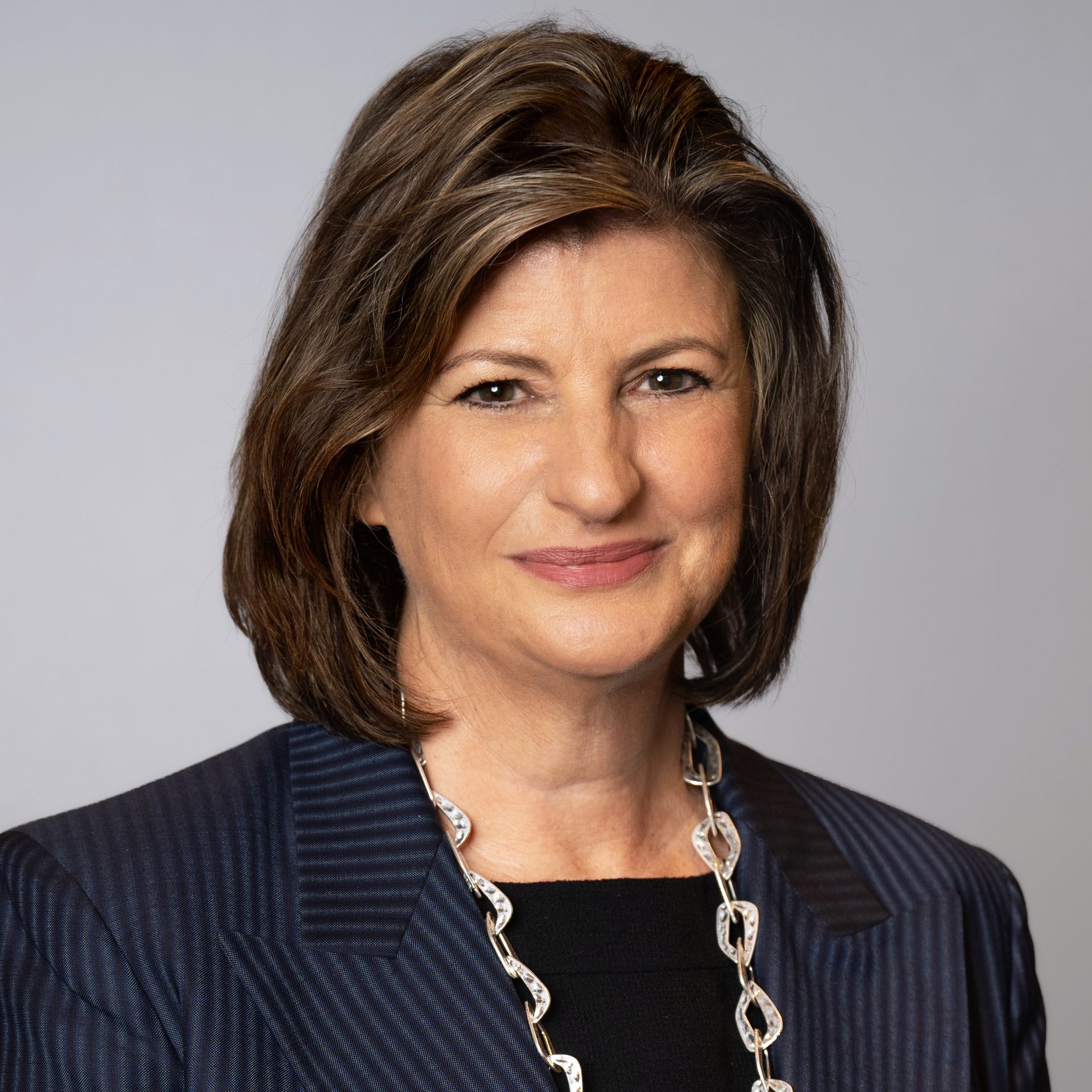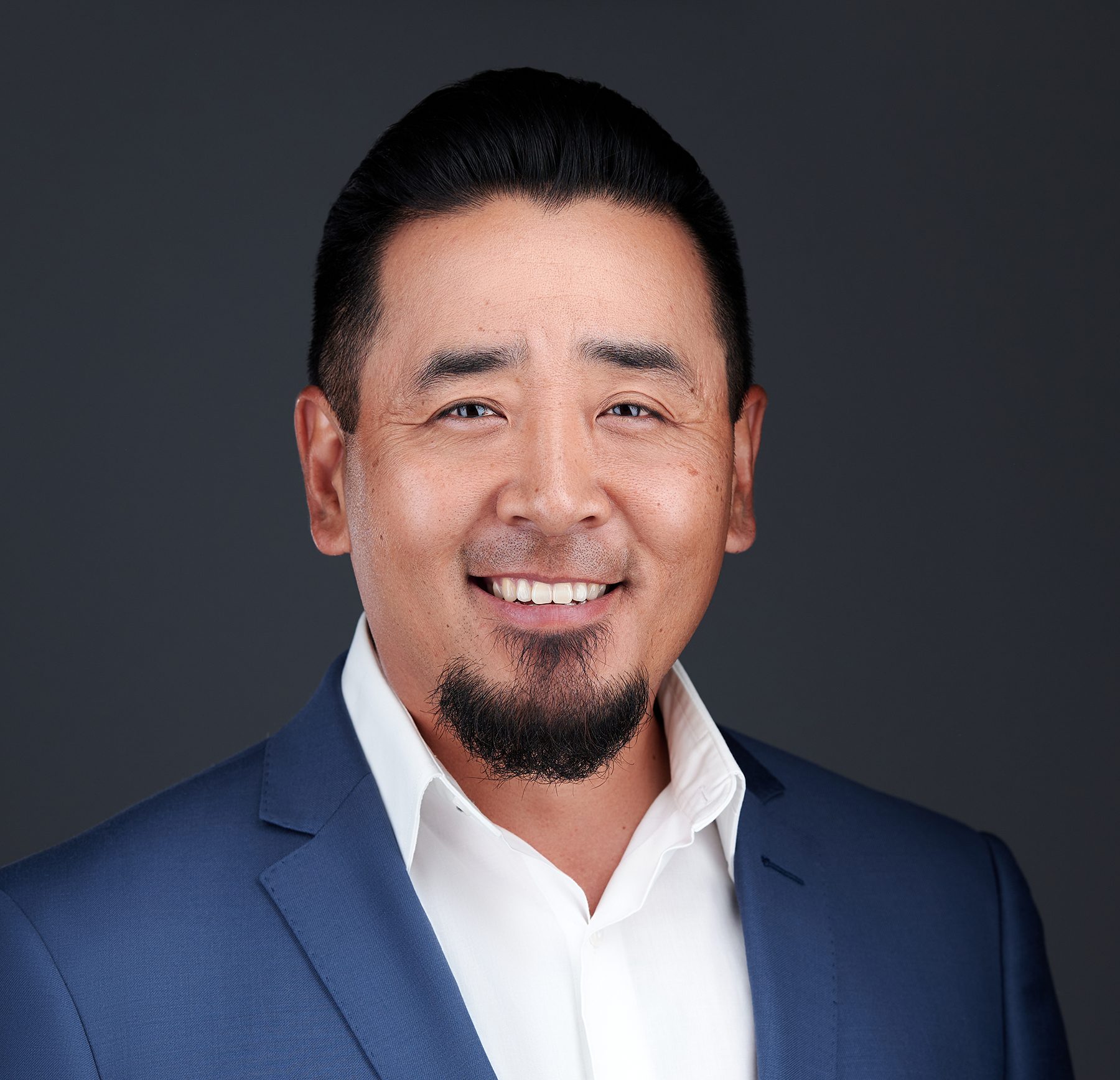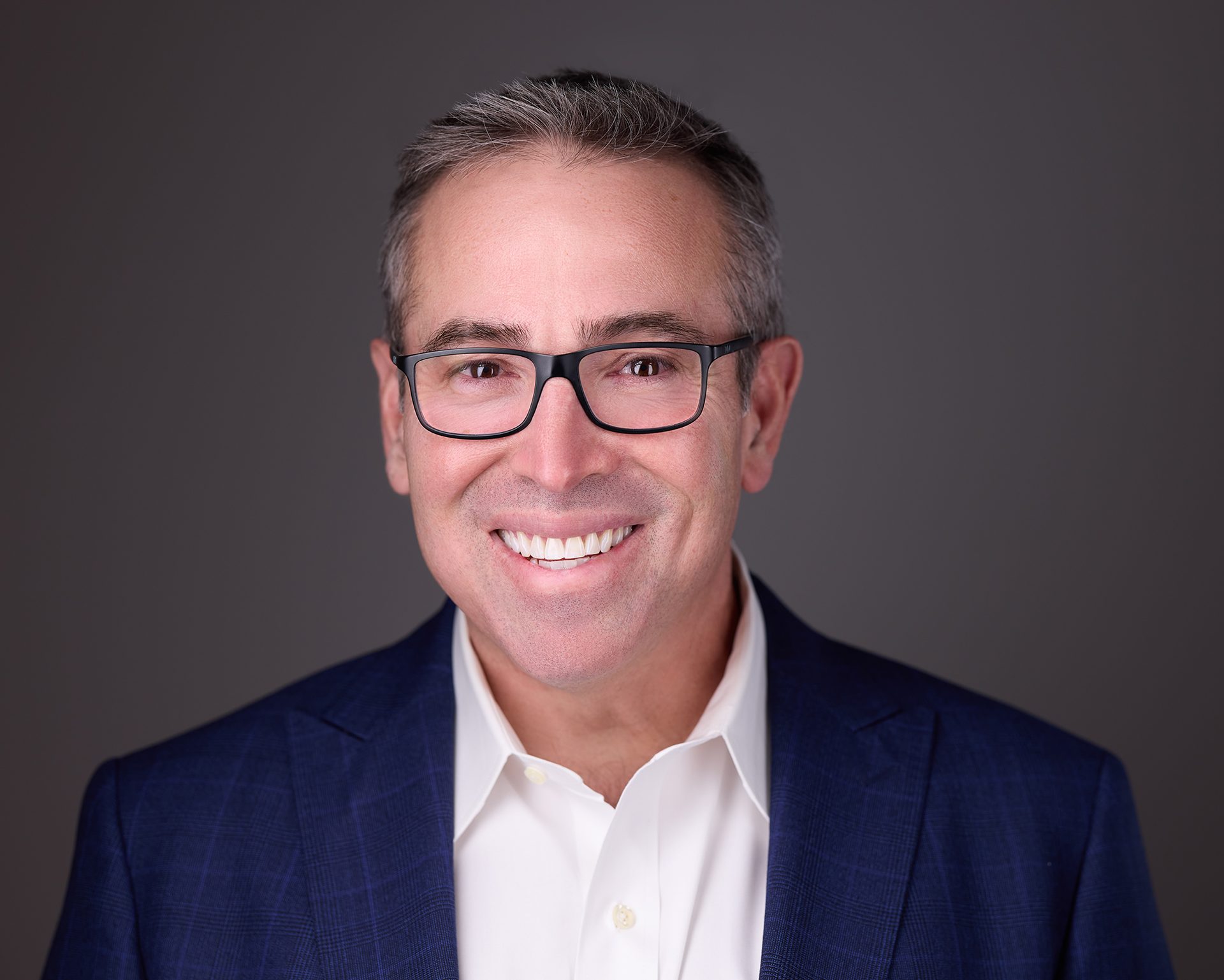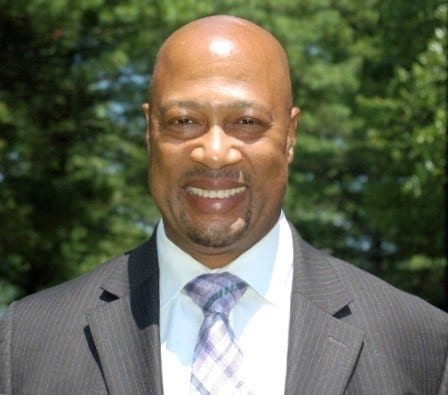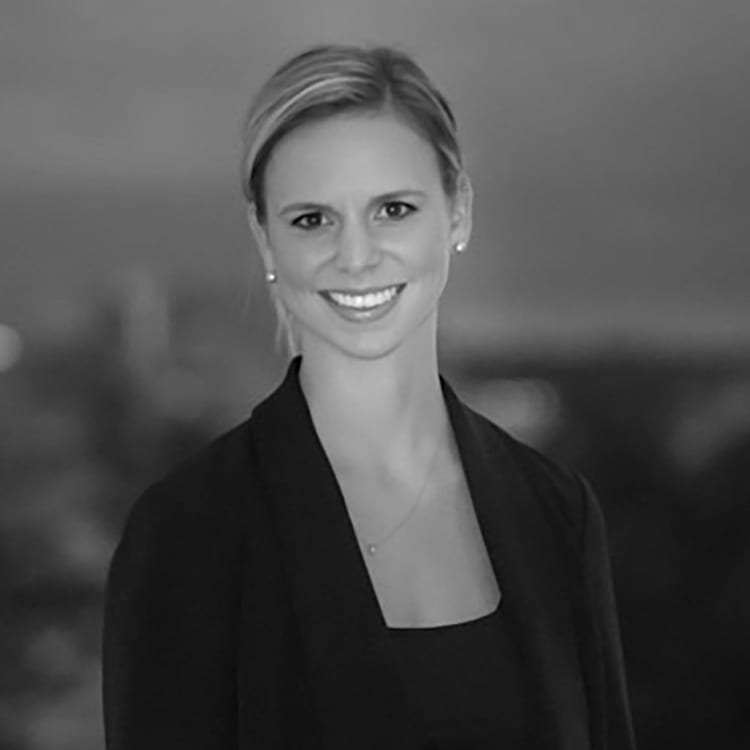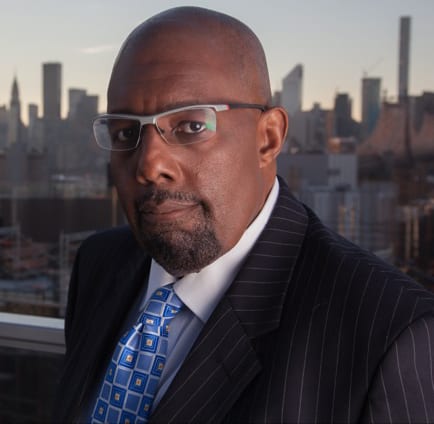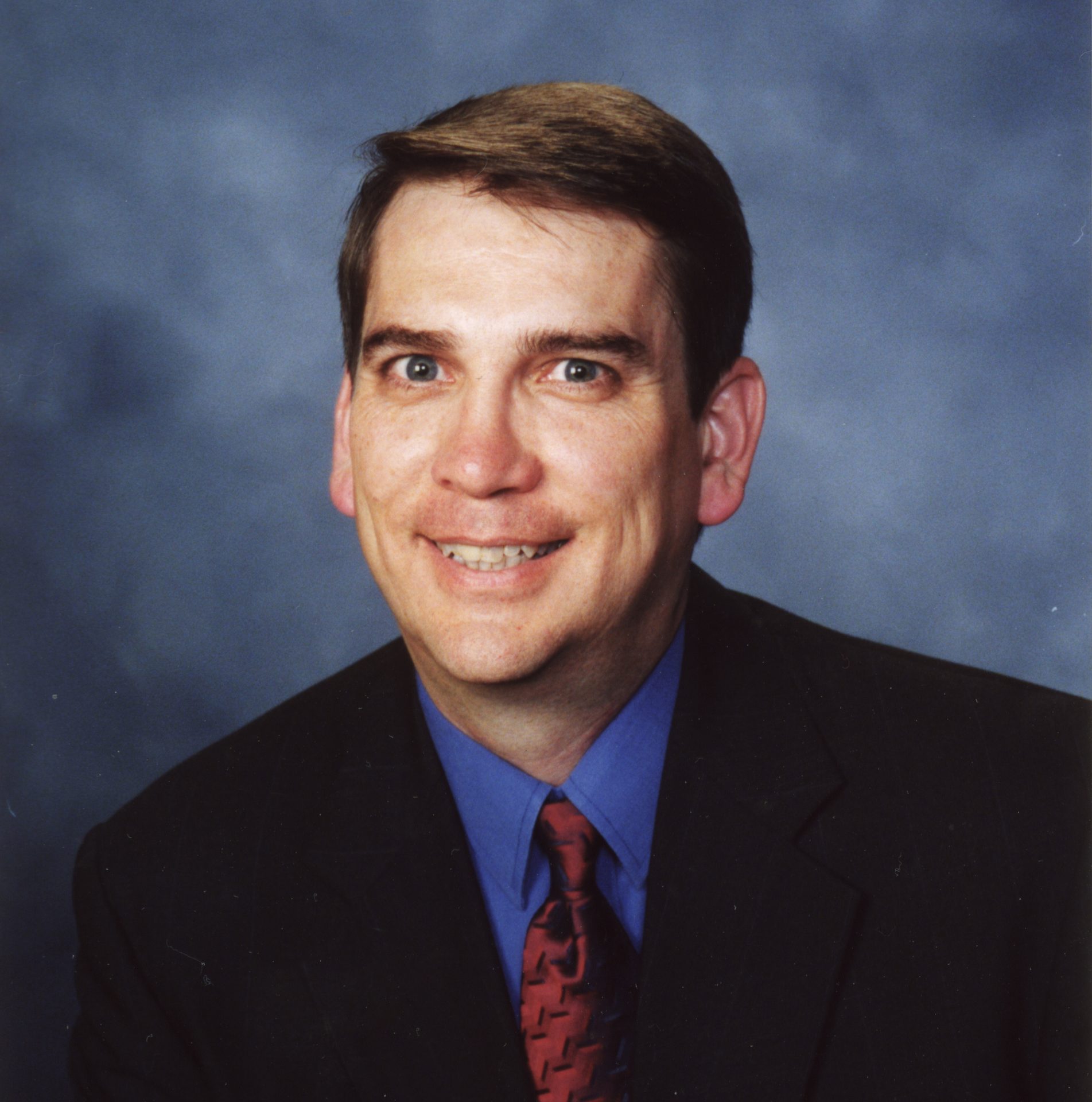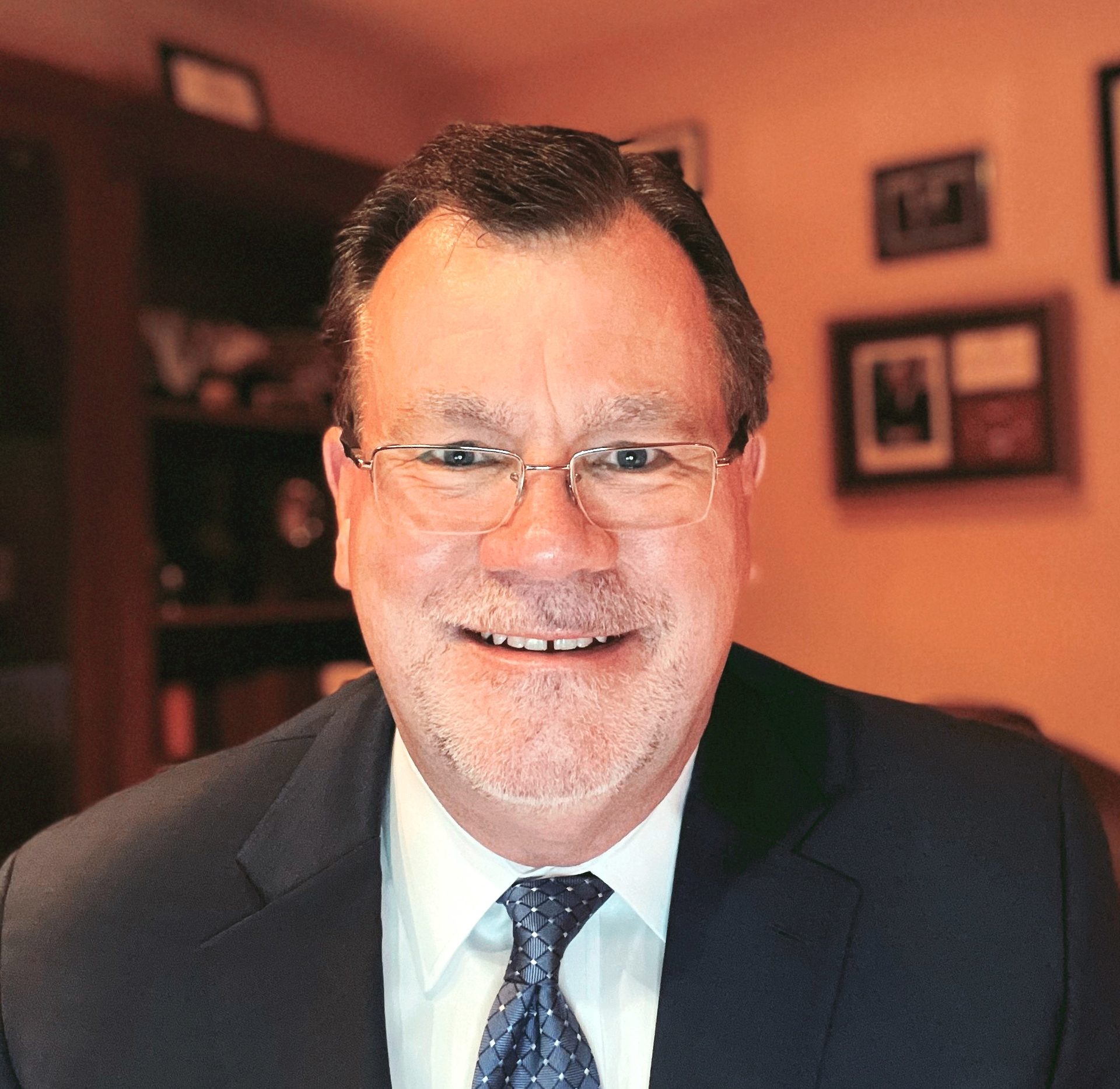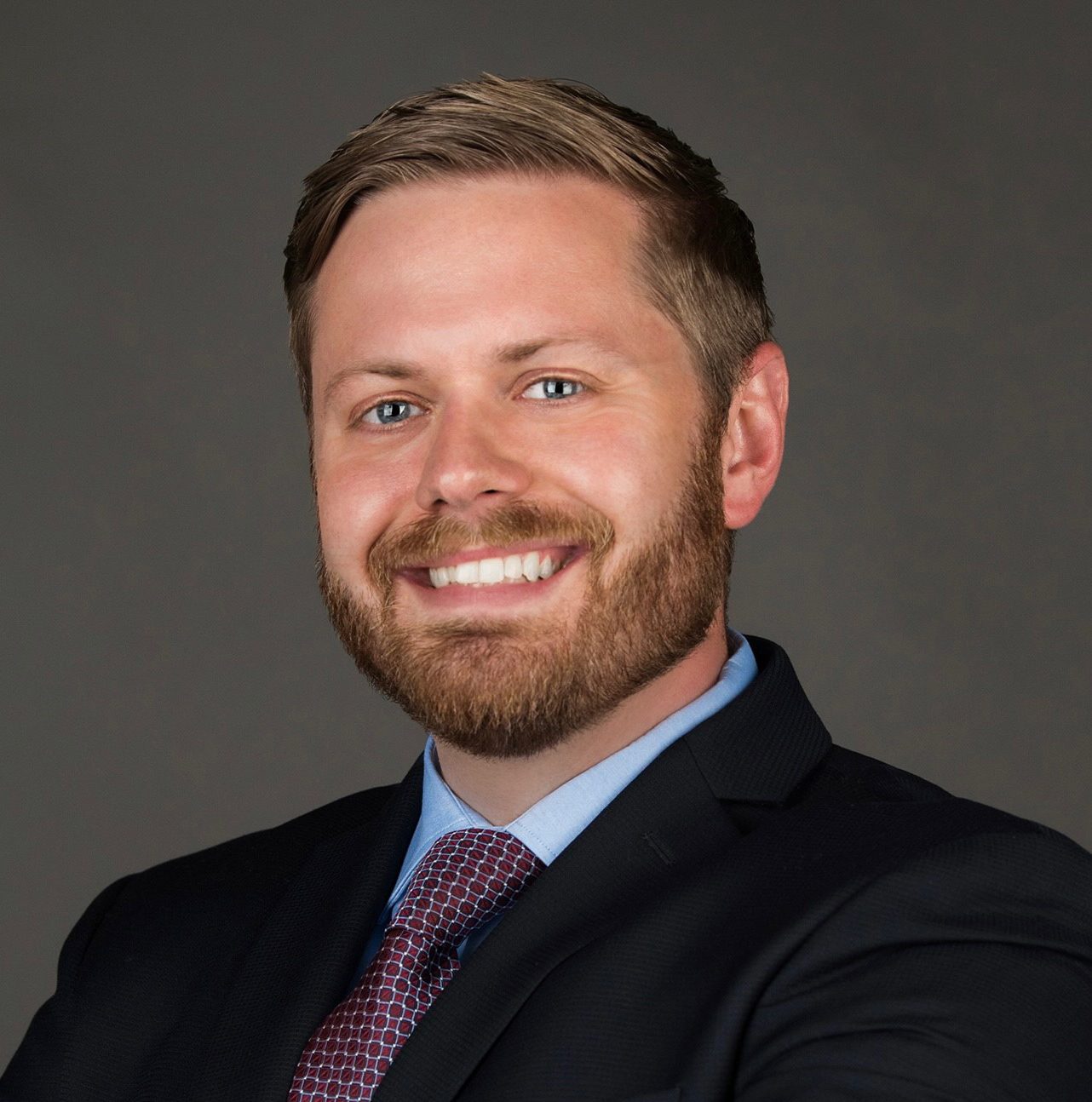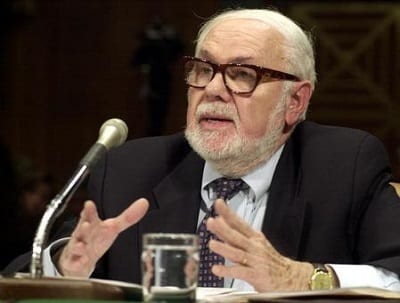september 2023

Special Report: Most Influential People in Security 2023
Most influential NAV MENU
By Rachelle Blair-Frasier, Managing Editor
Veterans Supporting Veterans
Having served in the U.S. military, law enforcement and various security titles throughout his 25-year career, one could say being in the security industry is in Colin Daugherty’s blood.
“I’ve been in service to others for 25 years,” Daugherty says. “I think part of that comes from a family legacy. My grandfather stormed Normandy on D-Day and was stationed in the European Theater through the entirety of WWII, my dad was in the Army — I think it is just kind of part of me.”
Daugherty enlisted in the U.S. Army in 1998 while attending Colorado Mesa University, where he received a Bachelor’s degree in Criminology. He was deployed to Iraq from 2004 to 2005, and after leaving the service in 2006, he went into law enforcement in Colorado for four years with a primary focus on drug, gang and fugitive investigations. In 2011, Daugherty worked with a military defense contractor in the Middle East.
“During that time, I did high-risk contracting for the government and private side. Later I moved more exclusively into executive protection both internationally and domestically, and eventually evolved into corporate security,” Daugherty says.
During that time Daugherty also earned a Master of Business Administration from the University of Denver. In the corporate world, Daugherty has held a variety of security-related titles at Dixie Brands Inc., PINKERTON, and, most recently, at apparel company VF Corporation where he is the Director of Corporate Security, Americas.
Daugherty’s work has taken him all over the world, including the Middle East, Europe, Africa and Asia.
“I’ve gained so much diversity of perspective and experience and that provides me with the drivers, motivators, applicable tools and knowledgethat I use today as a security leader for a Fortune 500 company,” he says.
In his current role as Director of Corporate Security, Americas at VF Corporation, Daugherty delivers enterprise-level security strategy, policy, investigations, critical incident management, trainings, and travel and executive security.
“I provide leadership, collaboration and resources for just about every business function,” he says. “It requires constant relationship-building and management. Annually, I oversee anywhere from $7 to $10 million of annual capital and operational expenditures and different infrastructure and operational programs and projects.”
Preparation is Key
When it comes to mitigating risk at an organization, Daugherty’s methodology is the ability to justify security as a value proposition.
“At the end of the day, if the senior leadership doesn’t buy in to a comprehensive, value-added security program, then it just kind of devolves into being more of just security theater rather than security value,” he says. “I think people with less understanding of the complexities of the true risk and threat assessment landscape tend to ask for simple answers with simple solutions. But we have to go through the complexity first in order to learn if there is a simple solution.”
Today, I think it’s OK for people to see and know that some of us went through some stuff, we carried a lot of demons with us, and we can fight through them and come out stronger in the end.”
— Colin Daugherty

Getting that buy-in from stakeholders is critical to security of any kind. Daugherty says emotional intelligence and other soft skills are key to getting the message across clearly and with buy-in. He says it is important to be able to explain, educate and articulate why having a contingency plan is relevant, necessary and sometimes even required to enable the program and then enable the business to be able to have proactive planning in place.
“If we are activating response plans, then that means we anticipated them, we were prepared for them, and we are acting with rationale and intelligence rather than emotion,” Daugherty says. “It’s really my job in a leadership role for this industry to have a myriad of plans that are ready for activation, instead of waiting for something to happen and then react to it,” he says. “It may seem very, very miniscule, but that is really what creates value-added security.”
Serving the Community
For the more than 200,000 service members that are discharged from the U.S. military each year, the transition to civilian life can be a difficult one. Daugherty’s experience was no different, saying in 2006 the military wasn’t very focused on transition.
“The transition was really rough. One day you know exactly what to wear, you know exactly where to be, at exactly what time, and exactly what to do. Then the next day, you’re like ‘what do I wear? Literally, what clothes do I put on my body for an interview,” Daugherty recalls.
Although that period of his life was tumultuous, Daugherty came out the other side with a mission to help others.
“Today, I think it’s OK for people to see and know that some of us went through some stuff, we carried a lot of demons with us, and we can fight through them and come out stronger in the end,” he says. “I’m willing to share the darker sides of my history and experience because I don’t want a service member, or somebody who might be going through something similar, to ever feel alone.”
Growing Into Leadership
In addition to mentoring other veterans, Daugherty also currently serves on the board of Wings for Hope for Pancreatic Cancer Research.
“It’s become a true passion and drive to continually give back as much as I can,” he says.
Daugherty has had a lot of inspiring mentors and leaders throughout his career, and he’s taken all those lessons learned — “the good, the bad and the ugly” — to heart, shaping him into the leader he is today.
“A lot of people think leadership is a title and compensation, these ‘leaders’ are easy to identify,” Daugherty says, “but it’s about showing up, being committed, delivering more than the person next to you, doing things bigger than yourself on a constant basis, and promoting others before yourself.”
Daugherty cannot speak more highly of the value of mentorship — with the caveat that “there’s no value in it until you’re ready for it.” He currently serves as the first chair of the new FBI Domestic Security Advisory Council (DSAC) Inclusion, Diversity, Equity and Action Subcommittee (IDEAS) and other professional and charitable boards, as well as participates in forums and provides coaching, guidance and mentorship to other security professionals and veterans.
“I am really passionate about the industry and the profession, so to be at a point where people are seeking my input is beyond incredible,” he says. “I have a bit of imposter syndrome, it drives me to make sure I’m delivering something that is of value.”




